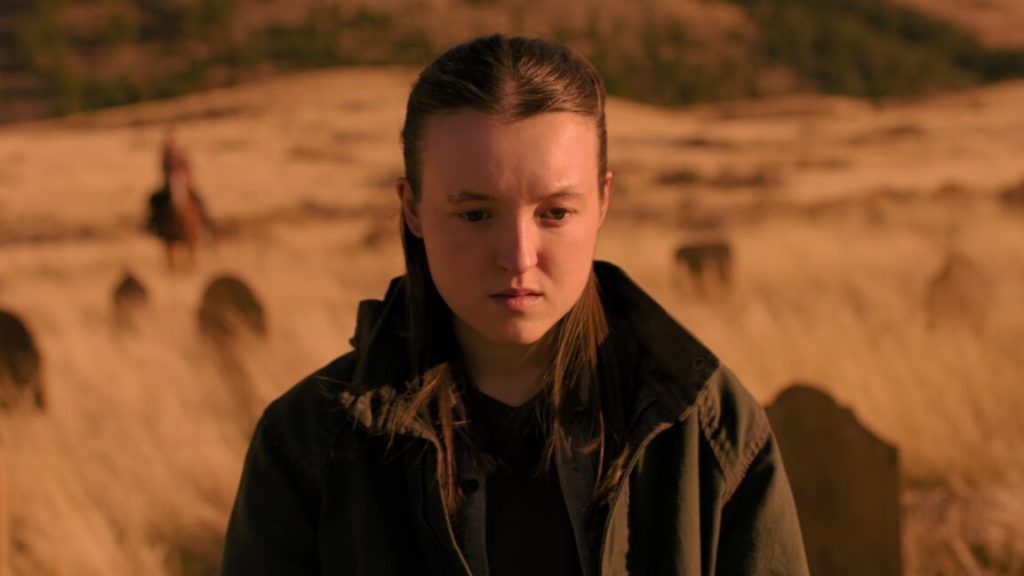New episodes of The Last of Us season 2 are airing on HBO every Sunday night. Ars’ Kyle Orland, who has experience with the games, and Andrew Cunningham, who doesn’t, will be discussing the episodes every Monday morning. These recaps include significant spoilers, so viewers should watch the episode first if they wish to avoid surprises.
Andrew: It’s the first episode after Joel, and while we’ve had episodes without him before, Pedro Pascal’s “reluctant uncle” role is crucial to several ongoing TV shows, and I find myself missing it quite a bit.
Kyle: I previously mentioned that the Ellie/Joel dynamic was central to my enjoyment of the first game. Its absence slightly soured my view of the second game, and I’m feeling the same for this season. I was truly shocked during the hospital scene when Ellie revealed she had the chance to talk to Joel before his death but chose not to. Anyone who has played the game knows how vital “
the porch scene” is in reshaping their relationship before their final separation. I had hoped this scene would appear later as a flashback, but it seems unlikely now.
Andrew: I’m avoiding that video because I want to keep my perspective intact!
Kyle: Ellie might just be lying to a nosy therapist, but if she’s not, and that last conversation has been removed from continuity, then I’m baffled by their decision. But if this is a clever misdirection for gamers, then I’ll commend them for it.
Andrew: Ellie has a history of lying, especially as Catherine O’Hara’s not-so-ethical therapist points out. If the porch scene is as crucial as you suggest, I’m sure we’ll see it at the perfect moment to maximize emotional impact. By the way, Ellie is shown as more functional due to a three-month time jump, depicting a Jackson community trying to rebuild after mourning. It stands in stark contrast to other communities, often depicted as chaotic.
Kyle: We also saw a version of Boston from Ellie’s childhood, a mix of chaos and normalcy. The show generally portrays a bleak view of human resilience in tough times, so Jackson’s distinctiveness as a hopeful community is essential. We got our first taste of Jackson’s politics, which lead to Ellie and Dina’s vengeful quest. While I appreciate the town hall scene as background for why the girls take off alone, it felt too drawn out with excessive philosophical discussions.
Andrew: The town hall felt out of place; parts resembled Parks & Recreation. For instance, when Seth, who previously troubled Ellie and Dina, calls others weak for even considering not going after Abby. I find it concerning that he supports Ellie’s plan. Plus, it’s ironic that the line about not voting for anger feels tone-deaf in today’s political climate. Many do vote for emotion!
As the episode wraps up, we see hints of looming threats: a mysterious cult and armed WLF soldiers that Ellie and Dina seem ill-equipped to confront. In a video game, one could suspend disbelief regarding a super-soldier protagonist’s abilities, but in a more relatable TV show, the odds favor the adversaries.



